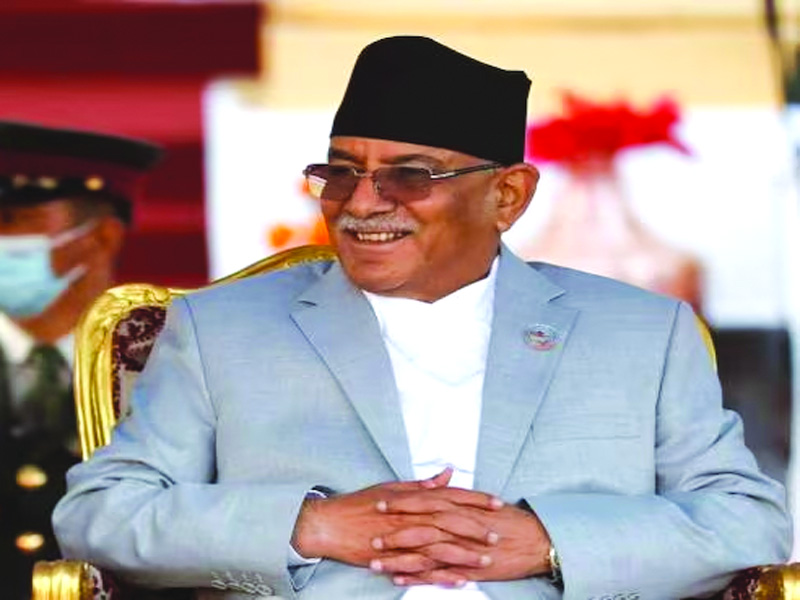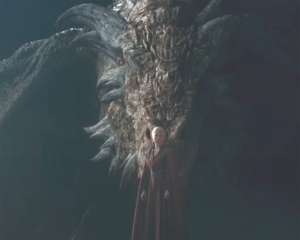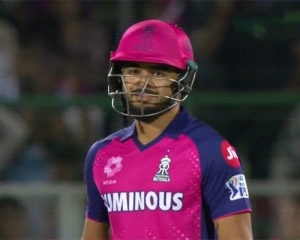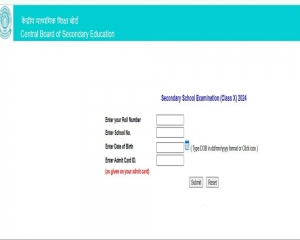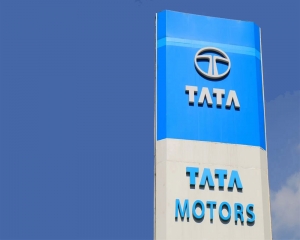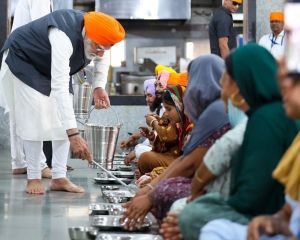The India-Nepal ties are bound to improve after Prachanda’s recent visit, in which seven agreements have been signed at the risk of irritating the dragon
Almost ten years back, in 2014 Prime Minister Modi during his visit to Nepal had given his vision for better ties between India and Nepal. His vision to focus on Highways, I-ways, and Trans-ways (HIT) has been at the core to bring down the existing barriers. It was a different ambience during the recent occasion of signing the agreements with his counterpart, Nepal PM, Pushpa Kamal Dahal. Prime Minister Modi expressed his optimism and confidence that the relations between the two countries would be even better in future and called for making them ‘Super Hit’ in times to come. Nepal PM Prachanda also reciprocate the gesture and appreciated Modi’s Neighborhood Policy.
Despite having close relations dating back to ancient times, it was the Indo-Nepal treaty of peace and friendship signed between the two countries in 1950 which had laid the foundation of closer ties. Rana rulers of Nepal had welcomed close relations with the newly independent India, fearing the danger of the ouster of their autocratic rule by China-backed communists.
The pro-China tilt of the communist government led by the former prime minister, KPS Oli brought the relations between the two nations to the lowest ebb which witnessed a positive trend of ascendency after the coalition government comprising of present PM, Kamal Dahal, Prachanda’s communist Party of Nepal-Maoists Center (CPN-MC) and Nepali Congress, as a dominant partner which is known for its proximity to India since decades.
Nepal has got every reason to smile as a trilateral power agreement became a reality after several years of stalemate which will ensure the import of 10,000 MW of power from Nepal to Nepal for 10 years which will be earning thousands of crores of revenue and subsequently provide an advantage of additional availability of electricity for consumers in our country. It will enable Nepal to start the import of power up to 60 MW to Bangladesh through India though the final details will be worked out by the officials of the three nations soon.
As per Kulman Ghising, managing director of Nepal Electricity Authority, under the umbrella project, power companies of Nepal and India can sign medium - or long-term electricity trade agreements which will end the existing cumbersome procedure of renewing export agreements by Nepal every year. It will prove a path-breaking event as buyers and sellers can sign power agreements for 25 years and Nepal can visualize its prosperity through energy export to India or other countries.
Experts say that a key element of the bilateral partnership pertains to one of the important agreements signed between India and Nepal to develop the 669 MW Lower Arun Hydro Project which got approval from Nepal’s Investment Board before the commencement of Prachanda’s visit to New Delhi. India is also developing a mega 900 MW Arun-III hydroelectric project in Nepal besides having a 490 MW Arun-4 hydroelectric project in the pipeline which will be taken to a logical end shortly. India has also built several hydroelectric projects in Nepal which include Devighat (14.1 MW), Western Gandak (15 MW), Pokhara (1 MW), Trisuli (21 MW), etc. which reflect old and close cooperation between the two nations in the energy sector. Foreign Secretary, Vinay Mohan Kwatra observed that two PMs had agreed to achieve tangible and time-bound progress on the Pancheshwar multipurpose project and India will cooperate with Kathmandu to set up a fertilizer plant in Nepal.
Observers feel that the approval of the citizenship bill is being seen as an attempt by Prachanda to exhibit his closeness to India and the United States though it may irritate the Dragon. Second, Prachanda chose India over China for his maiden visit which has sent a good signal as it has proved fruitful which is evident from the signing of seven agreements thereby benefiting the people of both countries.
Former Nepali diplomats in Kathmandu felt that Modi and Prachanda refrained from touching the irritants which could have spoiled the outcome of the latter’s visit. Prachanda tactfully touched the boundary issue and suggested resolving it through diplomatic channels. The communist led government of Oli had brought Nepal-India ties to the lowest ebb when a map was redrawn showing Indian territories like Lipulekh, Kalapani and Limpiyadhura as its territories which had infuriated India and it had outrightly rejected this mischievous move.
The then PM, Oli had also objected to the opening of an 80-km-long strategically crucial road connecting the Lipulekh pass with Dharchula in Uttarakhand by defense minister Rajnath Singh on May 8, 2020. It connects the Lipulekh Pass having a height of 17,000 feet along the border with Tibet in Uttarakhand with Dharchula in Uttarakhand's Pithoragarh district. Experts had attributed Oli’s actions to the Chinese strategy to unsettle age-old ties between India and Nepal. Nepal had also opposed India’s action to bring out a revised political map showing the union territories of Jammu and Kashmir and Ladakh which had created bitterness.
As per clear determination and commitment to ensure the success of his visit, Nepal PM did not fall prey to the suggestion made by two former PMs of Nepal Viz. Baburam Bhattarai and KPS Oli wanted him to raise an issue about the Akhand Bharat mural in the newly inaugurated parliament building which presents Kapilvastu, Biratnagar and Lumbini as parts of India.
Both sides have agreed to speed up the completion of projects related to the Ramyanya circuit which comprises 15 tourism circuits thereby strengthening religious and cultural ties in future. Modi and Prachanda recognized the centuries-old ‘Roti-Beti’ bonds which refer to cross-border marriages between people of two nations and resolved to preserve the same at all costs. Prachanda, a diehard communist, gave preference to India over China while finalizing his foreign visit after becoming PM six months ago. Prachanda was seen in the traditional dress of Daura Suruwal which was a complete deviation from the communist ideology of ignoring such micro-level codes. He also undertook a religious trip to Mahakaleshwar temple, one of the 12 Jyotirlingas in Ujjain in Madhya Pradesh and gave the signal to pro-Hindutva set up in Delhi.
Prime Minister Modi made significant observations about the impact of signing seven agreements with his counterpart Prachanda which will have a special bearing in shaping future economic ties which will be of mutual benefits and relevance. The well-calibrated agreements having a goal of farsightedness covered various fields including cross-border petroleum pipeline trade and commerce, development of Integrated Check Posts and hydroelectric projects. Modi observed, “myself and Prachanda took many important decisions to make partnership between the two countries as ‘Super Hit’ in future.” Prachanda was firm in his perception when he said “the age-old ties between two nations are of special significance and multi-faceted.”
Analysts opine that outcome of the four-day visit of Prachanda may not align with the policy of China to wean away Nepal from India because the signing of seven agreements may change the dynamics of ties between the two nations which may reach new heights in future. It is a hard fact that new economic cooperation especially in the hydel sector has got tremendous potential to bring prosperity to the Himalayan Kingdom.
(Writer is a senior journalist and political analyst)













